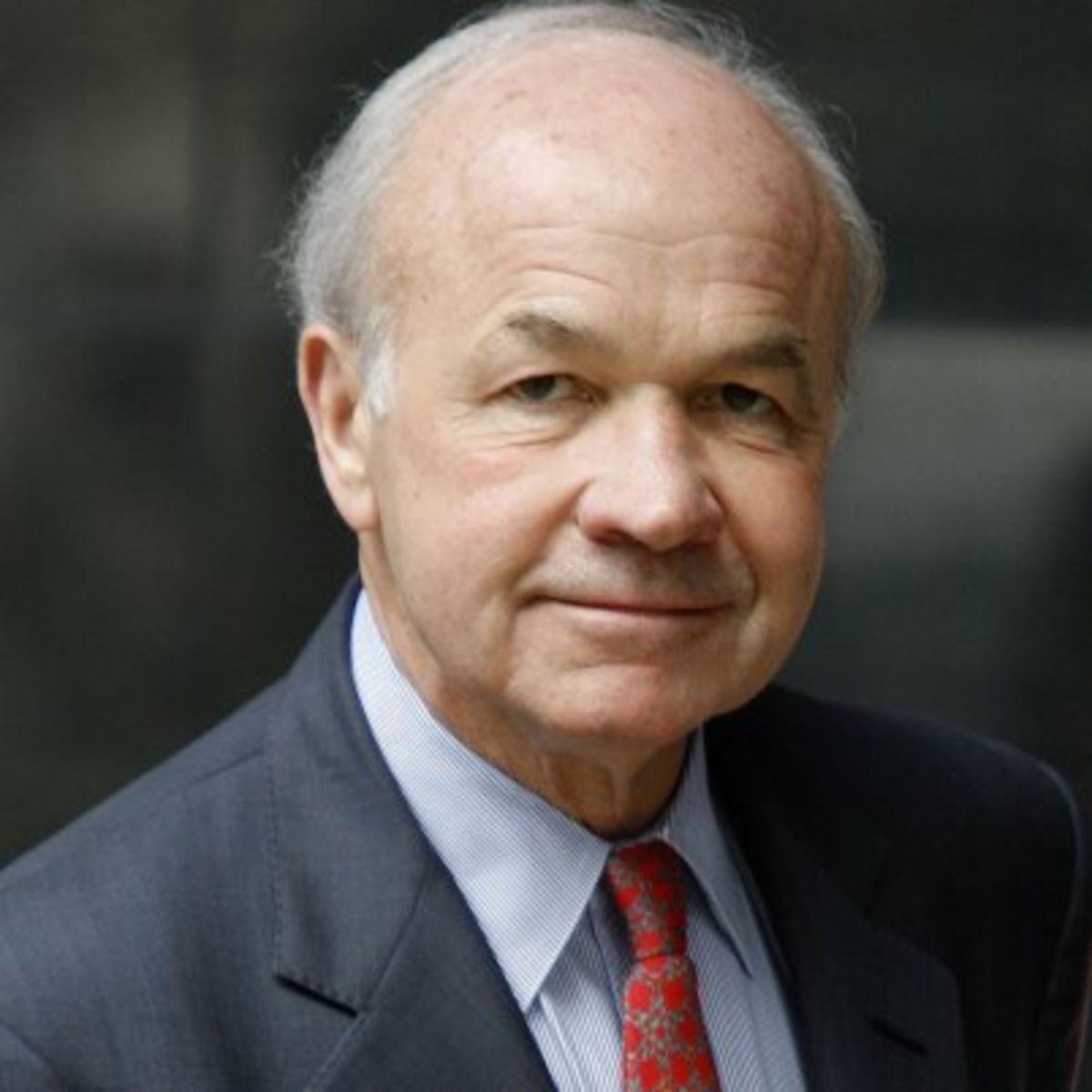 Football is an integral part of Texas culture. So, when a big game is around the corner, it seems as if everyone around here is talking about it. And some of the talk can get pretty entertaining.
Football is an integral part of Texas culture. So, when a big game is around the corner, it seems as if everyone around here is talking about it. And some of the talk can get pretty entertaining.
The big game this Saturday pits the undefeated and 2nd-ranked Texas Tech Red Raiders (10-1) taking on the 5th-ranked Oklahoma Sooners (9-1) in Norman, Oklahoma.
The game has generated added interest in these parts because the 3rd-ranked Texas Longhorns (10-1), who lost to Tech a couple of weeks ago on a last second TD, could bolt back into the BCS Championship Game picture if the Sooners beat Tech.
And frankly, many Texans are pulling for Tech to beat the Sooners and remain in contention for the BCS Championship Game because Tech has never reached such heights before.
But that support doesn’t immunize the Red Raiders from some good-natured razzing, such as the following OU message board comment about the above Tech promotional picture for the game:
"Why is Yosemite Sam attacking Guymon?"
Meanwhile, on the opposite end of the college football spectrum, perennial cellar-dwelling Baylor’s decisive win last Saturday over the Texas A&M Aggies has also generated a fair amount of conversation in Texas football circles this week.
As has been noted many times on this blog, the devotion of many Texas A&M University alumni to the A&M football program is an endearing part of Texas culture that has generated some rather awkward moments over the years.
The A&M fan base overwhelmingly considers losing to Baylor in football as another such awkward moment. To make matters worse, the A&M football program has fallen on such hard times over the past several years that, relative to the size of the football budget, the A&M program is currently among the poorest-performing in major college football.
So, with that backdrop, check out the following post that a Baylor fan posted on an Aggie message board earlier this week (the post was quickly taken down by the owners of the Aggie board; thank goodness for Google Cache). On the heels of Baylor’s big win over the Aggies, the Baylor fan’s post passes along some key tips to the Aggies from the "hit" book, How to Handle Being The Worst Team in the Big XII South:
I wanted to share some thoughts from the hit book "How to Handle Being The Worst Team in the Big XII South". This book, originally authored by fans of Baylor University, with foreword by Oklahoma State, has been a work in progress for 25 something years now.
Now that we have handed that prestigious torch off to your school, and it looks like it will stay that way for quite some time, you and your Aggie friends may want to really get into this material. Here are some highlights:
Chapter 1 – Bring up past records when discussing your program with friends. The best way to do this is to start from the present and go back through the past until you can find where you have more wins than "x" team. Inconsistencies in time frame does not matter – it can be 5 years for one team and 45 for another.


 Now that folks have had at least a bit of time to reflect on the financial crisis on Wall Street, some good historical perspectives are starting to pop up, such as
Now that folks have had at least a bit of time to reflect on the financial crisis on Wall Street, some good historical perspectives are starting to pop up, such as 






